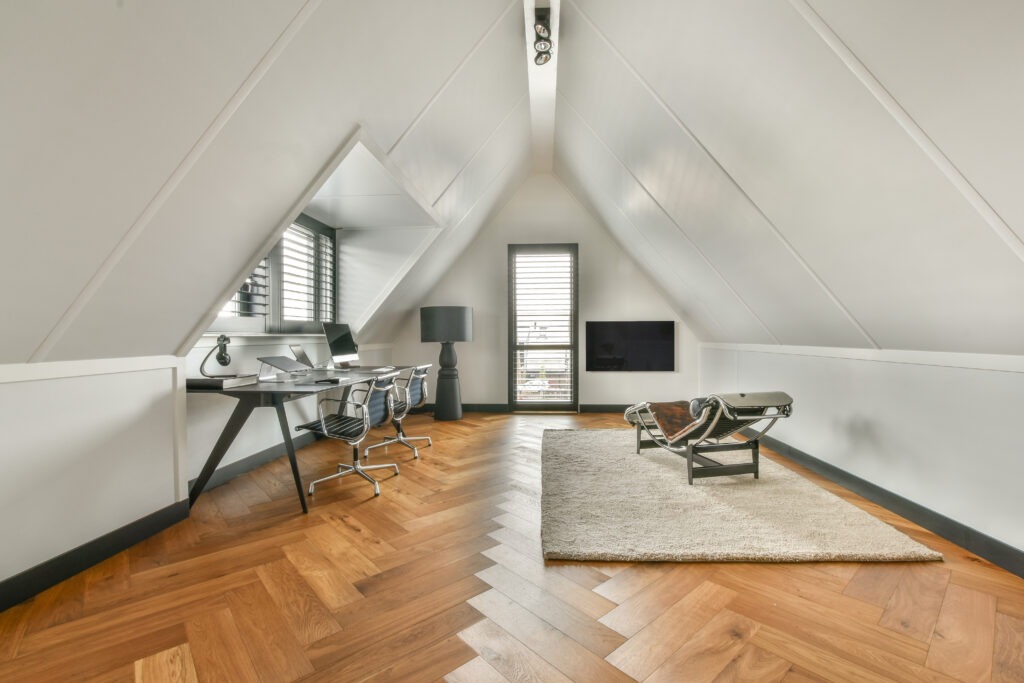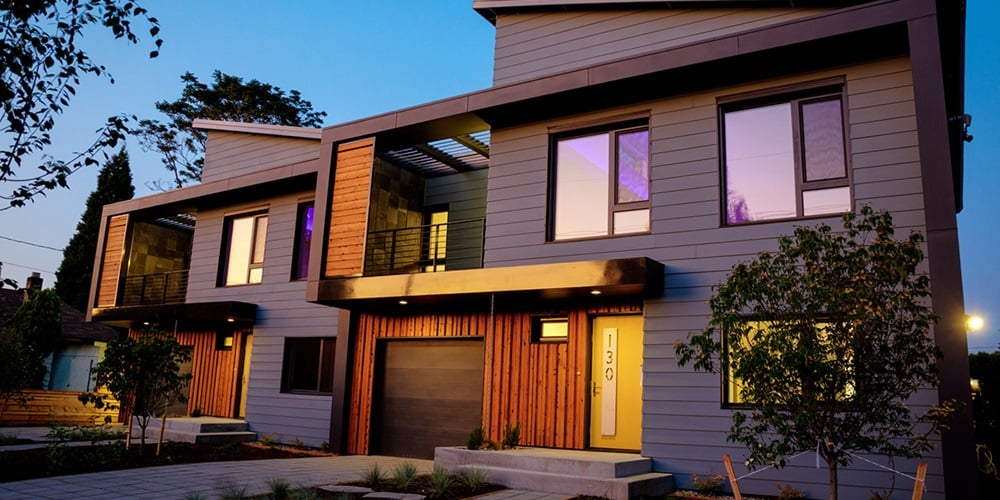Choosing the perfect air purifier for your attic can be a daunting task. The importance of a clean and healthy attic space cannot be overstated, especially for homeowners and real estate developers looking to maintain property value. In this article, we will explore attic air purifier recommendations to help you make an informed decision. We’ll delve into why you need an air purifier in your attic, the types available, and the best options on the market today.

Why You Need an Air Purifier in Your Attic
The attic is often neglected when it comes to household cleaning and maintenance. However, it’s crucial to keep this space free of dust, mold, and allergens. These contaminants can harm your health and the structural integrity of your home. An air purifier can help by filtering out harmful particles, ensuring a cleaner and safer environment.
Types of Air Purifiers for Attics
There are several types of air purifiers that are suitable for attics:
HEPA Filters
These are one of the most effective air purifiers, capable of removing up to 99.97% of airborne particles. They are excellent for trapping dust, pollen, and other allergens.
Activated Carbon Filters
These filters are great for absorbing odors and gases. If your attic has been used for storage, an activated carbon filter can help eliminate any musty smells.
UV Light Purifiers
UV purifiers use ultraviolet light to kill bacteria and viruses, making them an excellent choice for attics prone to mold growth.
Ionic Purifiers
Ionic purifiers release negative ions that attract and neutralize pollutants. They are effective but can produce ozone, which may not be suitable for all homes.
Top Attic Air Purifier Recommendations
Here are our top picks for attic air purifiers:
Honeywell HPA300
This HEPA air purifier is known for its large room coverage and powerful filtration capabilities. It’s perfect for attics with a lot of dust and allergens.
Levoit Core 300
A compact yet powerful air purifier, the Levoit Core 300 is ideal for smaller attic spaces. It features a HEPA filter and is very energy-efficient.
Blueair Blue Pure 211+
This model combines both HEPA and activated carbon filters, making it excellent for removing pollutants and odors from your attic.
Winix 5500-2
Featuring a combination of HEPA and carbon filters, along with PlasmaWave technology, the Winix 5500-2 is effective at eliminating a wide range of contaminants.
Considerations When Choosing an Air Purifier for Your Attic
When selecting an air purifier for your attic, consider the following:
Coverage Area
Ensure that the purifier can cover the size of your attic. Larger attics will require more powerful units.
Filter Type
Choose a filter type based on the specific contaminants you want to remove. For example, if odor is a concern, go for an activated carbon filter.
Noise Level
If your attic is used as a living space, consider a quieter model to avoid disturbances.
Energy Efficiency
Look for energy-efficient models to save on electricity bills while keeping your attic air clean.
Maintaining Your Attic Air Purifier
Proper maintenance is crucial to ensure your air purifier works effectively. Regularly check and replace filters as required. Clean the unit’s exterior and ensure it’s free from any blockages.
Additional Tips for a Healthy Attic Environment
Besides using an air purifier, consider these tips for a healthier attic:
- Regularly inspect for leaks and water damage.
- Ensure proper ventilation to reduce humidity.
- Use dehumidifiers if necessary.
Conclusion
Incorporating an air purifier in your attic is a wise investment for maintaining air quality and protecting your home. By following our attic air purifier recommendations, you can ensure a cleaner, healthier environment for you and your family. Don’t forget to consider the specific needs of your attic and choose a purifier that meets those requirements.

FAQ
Do I need an air purifier in my attic?
Yes, an air purifier can help eliminate dust, mold, and allergens, improving air quality and protecting your health.
How often should I replace the filters in my attic air purifier?
It depends on the purifier model and usage, but generally, filters should be replaced every 6-12 months.
Can an air purifier help with mold in the attic?
Yes, especially if you choose a model with a HEPA or UV filter, which can capture mold spores and inhibit growth.
For more detailed insights on attic maintenance, visit electronic storage solutions, repair attic trusses, and real-life attic remodels.
This article contains affiliate links. We may earn a commission at no extra cost to you.


